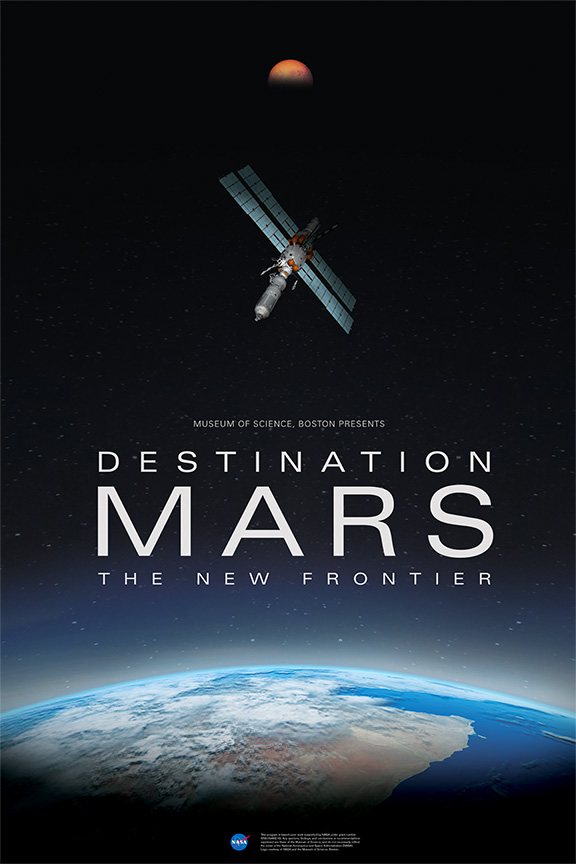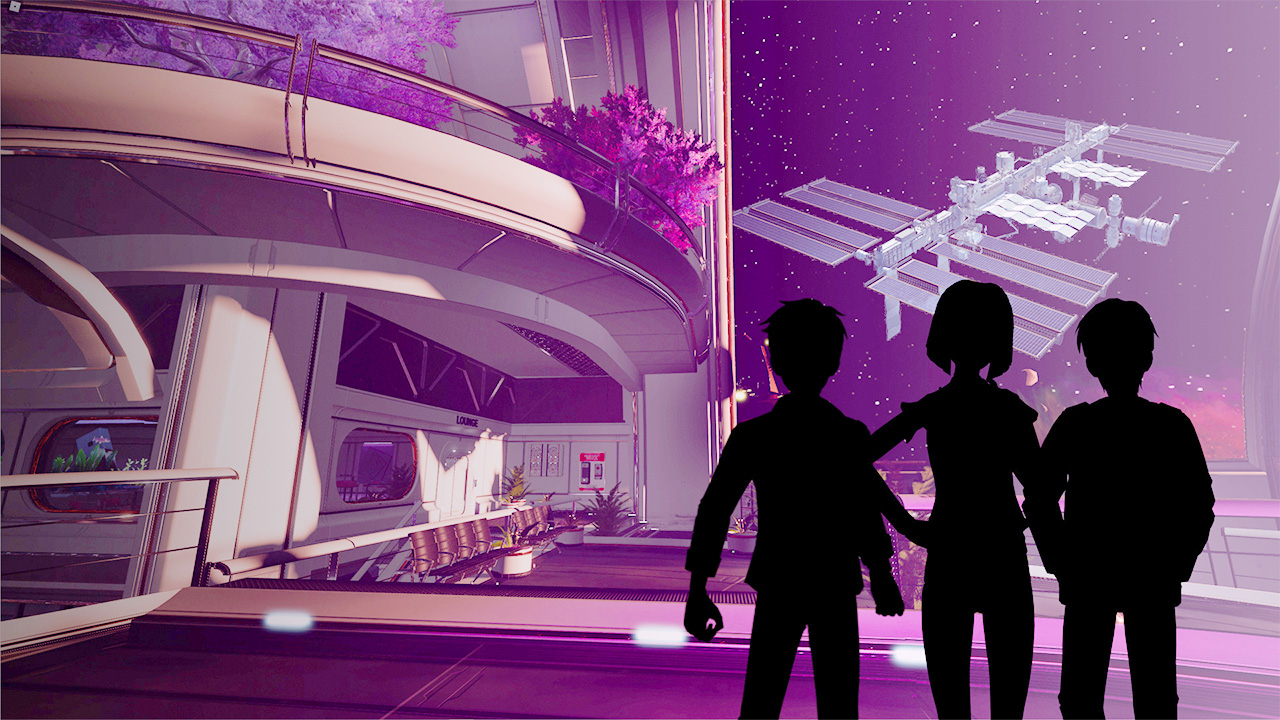Boston’s Museum of Science has partnered with the make-your-own-world gaming platform Roblox to create Destination Mars: The New Frontier. Scheduled for release in 2022, the virtual experience will invite Roblox’s 47.3m+ daily players to role play as astronauts as they explore the moon, a settlement and science lab on Mars, and the International Space Station.
In addition to its explorative experience, Destination Mars: The New Frontier will also feature immersive education materials and a planetarium show designed by the Museum of Science’s Charles Hayden Planetarium team and EiE® curricula division, and NASA.
What happened

The project is funded by the Roblox Community Fund, Roblox’s $10-million endeavor to support the development of compelling educational experiences on its platform. Image: Museum of Science
As part of its Roblox Education initiative, the gaming platform is enlarging on the learning and teaching elements of its offer, with a larger goal of reaching 100 million students by 2030. Destination Mars is one such project, funded by the newly launched Roblox Community Fund, aimed at deepening STEM education for students and schools.
Within Destination Mars, young players will work as a team to develop and sustain the infrastructure to support human life on Mars. As they virtually experience and adapt to life on an extraterrestrial planet, they’ll practice STEM habits of mind with regards to scientific inquiry and design process, as well as Next Generation Science Standards.
As Roblox Founder and CEO, David Baszucki, wrote in a blog post, “From our experience with Interactive Physics, we knew that students learn most effectively when given the opportunity to deepen their knowledge through hands-on experiences, problem-solving, and collaboration with other people.”
Why it matters
In a post-pandemic climate, virtual environments and experiences have increasingly been tapped by museums as an essential engagement and education tool. Accessible onsite or remotely, the virtual space offers visitors a unique, first-hand cultural experience, enriching exhibits with immersion and interactivity, and facilitating learning. And for young audiences who have grown acclimatized to digital interfacing, Destination Mars, with its focus on a gamified form of learning, presents a compelling alternative to dry online classes.
Additionally, the Museum of Science’s collaboration with a gaming platform further narrows the gap between the cultural and gaming sectors, while connecting with future audiences at a young age — the average Roblox player is 13 years old. By cultivating in young players “a lifelong love of science,” in the words of the museum’s President Tim Ritchie, through an innovative educational program, the museum may translate that interest into future visits, purchases, and membership subscriptions.
What they said
“A journey to outer space that allows students to explore, plan, and problem-solve as scientists epitomizes the type of teaching and learning we are excited to see on Roblox.” Rebecca Kantar, Head of Education, Roblox
“This new partnership with Roblox allows us to reach exponentially more children in ways that enable them to directly experience their potential as future scientists and engineers.” – Christine Reich, Chief Learning Officer, Museum of Science



